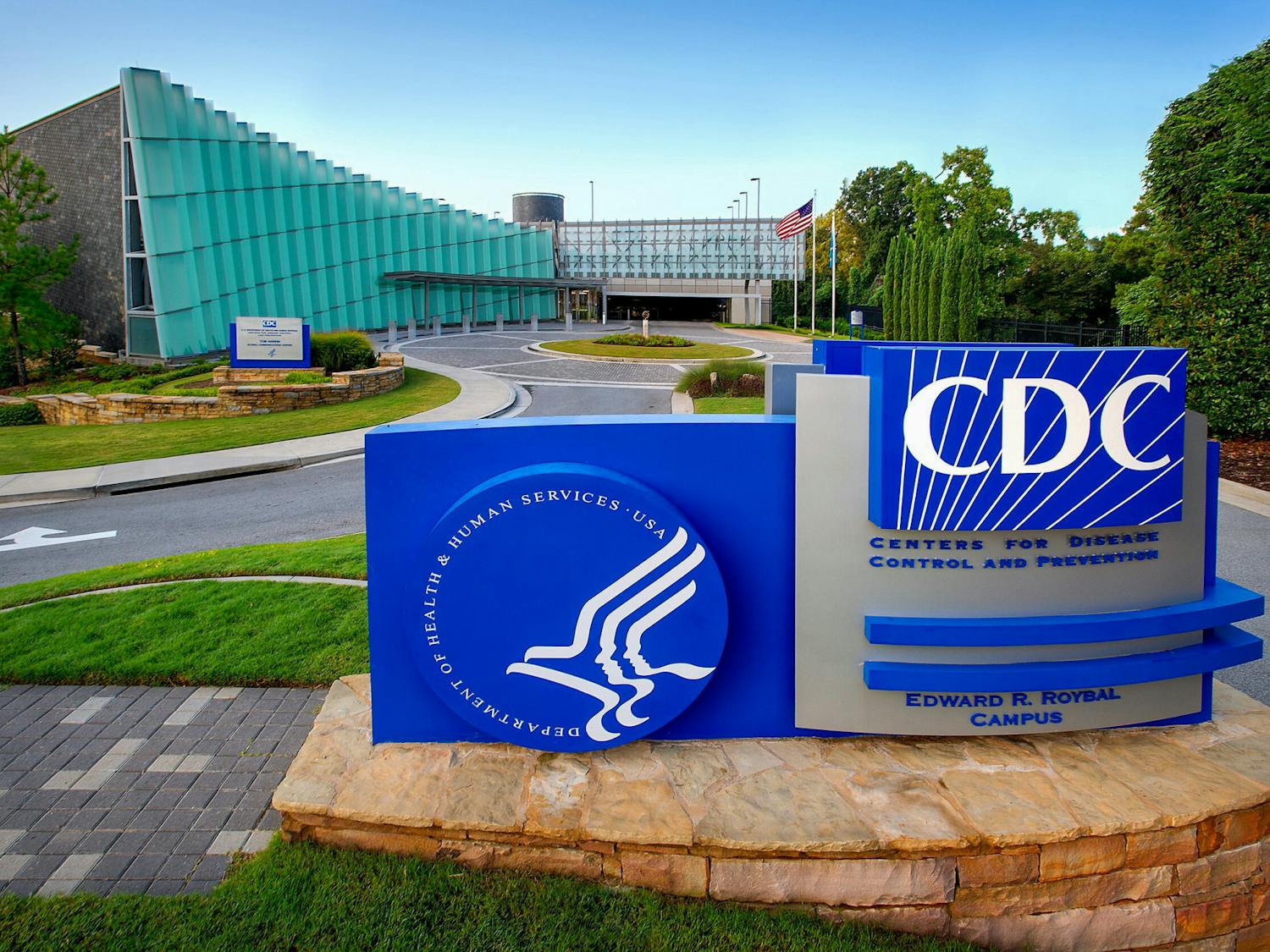Not many people get a chance to create a new academic field, but two Penn professors are now among the few.
Lance Wahlert, an associate in the Master of Bioethics program, and Autumn Fiester, director of graduate studies in the Department of Medical Ethics and Health Policy, created the Project on Bioethics, Sexuality and Gender Identity together in spring 2010.
The project is a part of Penn’s Department of Medical Ethics and Health Policy in the Perelman School of Medicine.
The new field, which is called Queer Bioethics for short, has been gaining traction over the past few years, with an academic conference held at Penn last month, and a multitude of papers being published currently.
“The time was absolutely ripe for bioethics and queer studies to come together,” Fiester said. “And the evidence for that was how our invitations to scholars around the world were greeted with such universal enthusiasm.”
The idea for the field came about because of a class called “Bioethics and Sex” that Wahlert envisioned in spring 2010 and later taught in the fall.
“I’ve been working for many, many years in medical and clinical studies related to LGBT scholarship,” Wahlert explained. “There has been a long history of queer scholarship on health matters. LGBT studies and medicine has a long, long history, but as it relates to the bioethical concerns of what are the responsibilities in the clinic, there’s next to nothing, which is strange.”
According to Wahlert, who was working in the Department of History and Sociology of Science in 2010, there was “nominal” work in this field at the time, mainly relating to intersex children and HIV/AIDS patients.
Related
2/8/12: Students lobby for bioethics minor
5/22/12: Penn to provide tax offsets for employees in same-sex partnerships
“It’s a real chasm of attention,” he said of why he thought the field needed to be developed.
At the same time that Wahlert was developing the idea for a class on Queer Bioethics, Fiester realized the one area which was being given very little thought by the Bioethics department was how medical ethics are related to queer studies.
“I read [Wahlert’s] bio and saw what he was working on. My mind literally turned to it, because he was working at an intersection that seemed so bioethically related and unnamed as bioethics,” Fiester said. “And to capture that for Penn bioethics seemed to me an essential recognition.”
Since the two teamed up in 2010, much has been done to further build the new field.
The Queer Bioethics project currently has more than 300 members in its consortium, which is made up of scholars from a range of disciplines across 25 countries. Fiester and Wahlert are also currently working on guest-editing special issues of two different journals that will focus on Queer Bioethics.
“This project wasn’t intended to be Penn-centric, it was designed to bring scholars from all over the world into this new field,” Fiester said.
One of the members of the consortium is Sarah Dowling, who received her doctorate from the School of Arts and Sciences in 2012 and is now a lecturer of English at the University of Washington Bothell.
Dowling is currently working on curating a selection of poems to be published in one of these special issues.
“Often we really don’t think of poetry having much to do with medicine,” Dowling said. “[But] poetry is a really key way for people to talk to each other.”
Aside from getting works about the field published, Fiester and Wahlert have focused on making Queer Bioethics a part of the larger curriculum at Penn.
“The very core courses that introduce people to [bioethics] … are moving toward integrating queer content into them,” Wahlert said.
“It isn’t just ghettoed or over and on the side, but it’s actually integrated into the most conventional course work and ethics approaches,” Fiester added. “That’s the kind of integration … that shows the true success of this subfield.”
Both see the field growing very successfully and want to carry the momentum forward.
“The test of whether queer bioethics is sustained and whether it succeeds will not be the popping up of literal departments,” Fiester said. “It will be the proliferation of deep and profound scholarship and work.”








